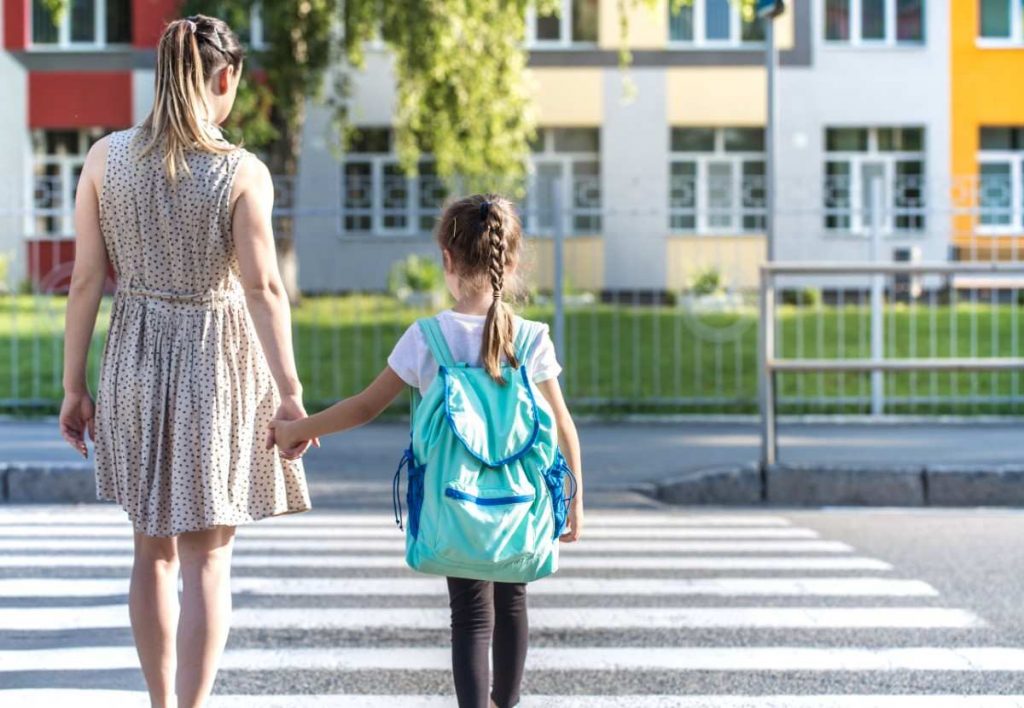
Introduction
Scholionophobia is an extreme dread associated with education. Although it is frequently a sign of various anxiety disorders, it is not a clinical diagnosis. Refusing to attend school is more likely to impact kids while they are going through transitions, such beginning middle or high school. The mere notion of attending school might cause physical illness in children who suffer from school anxiety.
Scolionophobia: What is it?
A long-lasting severe dread of school that affects children is called scolionophobia. Every youngster has moments when they are hesitant to go to school. However, the idea of attending school makes scolionophobic kids feel uneasy or nervous. They could even experience physical illness. When a youngster has scolionophobia, they frequently miss a lot of school for unclear or undefined reasons.
School rejection or phobia is frequently linked to other anxiety problems.
Who may develop a fear of schools?
Separation anxiety strikes many youngsters between the ages of 18 and 24 months. When they are separated from their caregiver, they might weep, act out, or experience anxiety. Children often outgrow this fear related to separation. They risk developing scolionophobia if they don’t.
If a child has an overly protective caregiver, they are more prone to have school anxiety. Naturally, some kids are more nervous than others. They are more likely to have school phobia if they:
- a single child.
- the youngest kid.
- persistently unwell.
Why does scolionophobia occur?
There may occasionally be no apparent reason for scolionophobia. However, a child’s concern about school may be exacerbated by issues at home or at school. Children with scolionophobia may also experience difficulties at home with:
- Fear of violence in their neighborhood or at home.
- unstable finances.
- fluctuations in food.
- Homelessness or insufficient housing.
- insufficient focus from their caregiver or parent.
- Big changes in the family, including a divorce, move, or death.
At school, children may experience scolionophobia due to:
- Physical threats, or bullying
- Fear of receiving negative feedback, sanctions, or jeers from a teacher or other school personnel.
- Dyslexia, which is a language and reading disorder, and dyscalculia, which is a math and number comprehension disorder, are examples of learning disabilities.
- Fear or severe anxiety related to catastrophic occurrences, such being afraid of a school shooting.
What signs of scolionophobia are present?
Physical symptoms are the main manifestation of scolionophobia in many youngsters. When children consider attending school, they could feel:
- a case of diarrhea.
- headaches.
- vomiting as well as nausea.
- stomachs.
- trembling or erratic shaking.
Psychological symptoms in children can also include:
- clinginess, including a fear of parting from caretakers.
- aversion to the dark.
- nightmares.
- obsession with worries for their own or other people’s safety.
- Temper tantrums.
How does one diagnose scolionophobia?
Scolionophobia lacks a set of diagnostic standards. A medical professional could question you or your kid to determine the cause of school refusal.
What signs and symptoms does your child have?
- when signs start to show.
- length of time that symptoms persist.
- whether certain combinations or occurrences cause symptoms.
How does one cure scolionophobia?
Youngsters with minor symptoms of scolionophobia can work over their worries associated with school with the help of a caregiver or instructor. Children who have severe symptoms or are linked to another mental health issue might benefit from:
- Talk therapy: Often referred to as cognitive behavioral therapy (CBT), talk therapy assists kids in recognizing unhelpful or false beliefs. Children learn from the therapist how to replace false beliefs with true ones.
- Dialectical behavior therapy, or DBT, helps kids process strong emotions by teaching them four skills. Children learn two skills from the therapist that are acceptance-oriented and two that are change-oriented. The goal is to assist kids in realizing how their ideas affect their actions. They can handle unpleasant emotions and interpersonal connections more skillfully now that they have this awareness.
- Exposure therapy: This method involves progressively integrating a particular phobia into day-to-day activities. Youngsters could begin by imagining conversations at school. You eventually confront the fear in the actual world.
- Drugs: Medication may assist, especially if a kid also has another mental health issue.
- Avoidance
Does my child have any other medical issues that increase their chance of scolionophobia?
School rejection is more common in kids with anxiety problems or other mental health issues. Along with scolionophobia, children may also exhibit:
- Depression.
- Anxiety condition that is widespread (GAD).
- OCD, or obsessive-compulsive disorder.
- Disorder of oppositional defiance.
- PTSD stands for post-traumatic stress disorder.
- Disorders related to social anxiety.
What can my kid do to get over his school anxiety?
Many kids may overcome their dread of school if they receive the right care. Others experience anxiety connected to education that never fully goes away.
In addition to receiving formal therapy, kids might pick up coping mechanisms to reduce their anxiety. They might:
- To reduce stress, practice meditation or mindfulness.
- Engage in breathing exercises.
Conclusion
If your kid’s absence from school last more than a week, you and your child may need to seek professional support from a child counselor. However, you might attempt to handle the absence on your own.
Your pediatrician should examine your kid first. If your child continues to refuse to go to school or exhibits intermittent or constant separation anxiety while in school, your doctor may suggest that they see a child psychiatrist or child psychologist in addition to any health issues that are preventing them from functioning normally. Using online counselling services like TalktoAngel is one choice. These professionals are skilled in assisting children in conquering their fears and anxieties, which will eventually improve their overall quality of life.